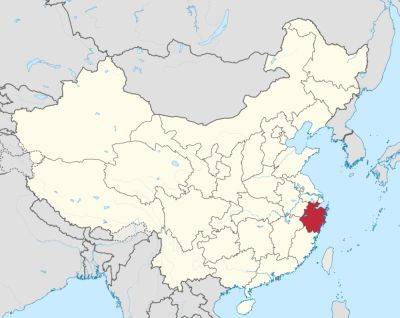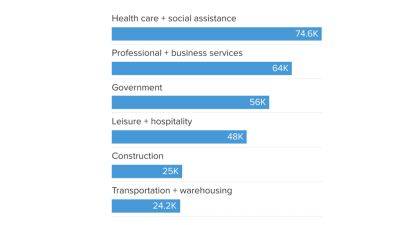China’s 11.6m graduates face a jobs market with no jobs
W ith a master’s degree in applied linguistics from one of Australia’s top universities, Ingrid Xie did not expect to end up working in a grocery store. But that was where she ended up after graduating from the University of Queensland in July last year.
Xie did her undergraduate degree in China, studying English in the shade of palm trees at Hainan Tropical Ocean University. She went abroad for her master’s because she thought that would help her find a better job.
But after working at a Korean supermarket in Brisbane for several months after graduating, in February she decided to return to her home city of Kunming, in the south-west province of Yunnan, to find a job as an English teacher.
Xie soon discovered that “a lot of people studied abroad and want the same thing”. She says a friend in the same city recently sat an English teacher recruitment test, along with about 100 other people. Her friend did not get the job.
Youth unemployment in China hit a record high in April, with 20.4% of 16- to 24-year-old jobseekers unable to find work. Xie is 26 and has not managed to find a job in China since leaving higher education. “It makes me really frustrated,” she says.
Nearly 11.6 million students are set to graduate in June, facing a labour market that looks increasingly hostile.
The problem of overeducated unemployed youths has become so acute that people have started comparing themselves to Kong Yiji, a fictional character from a story by Lu Xun, one of the greats of Chinese literature. Kong is a scholar turned beggar who is mocked by the locals at a tavern he drinks at for his pretentious airs.
State media has criticised these memes, accusing them of being self-indulgent. In March a commentary in state media said youths were
Read more on theguardian.com

 theguardian.com
theguardian.com













